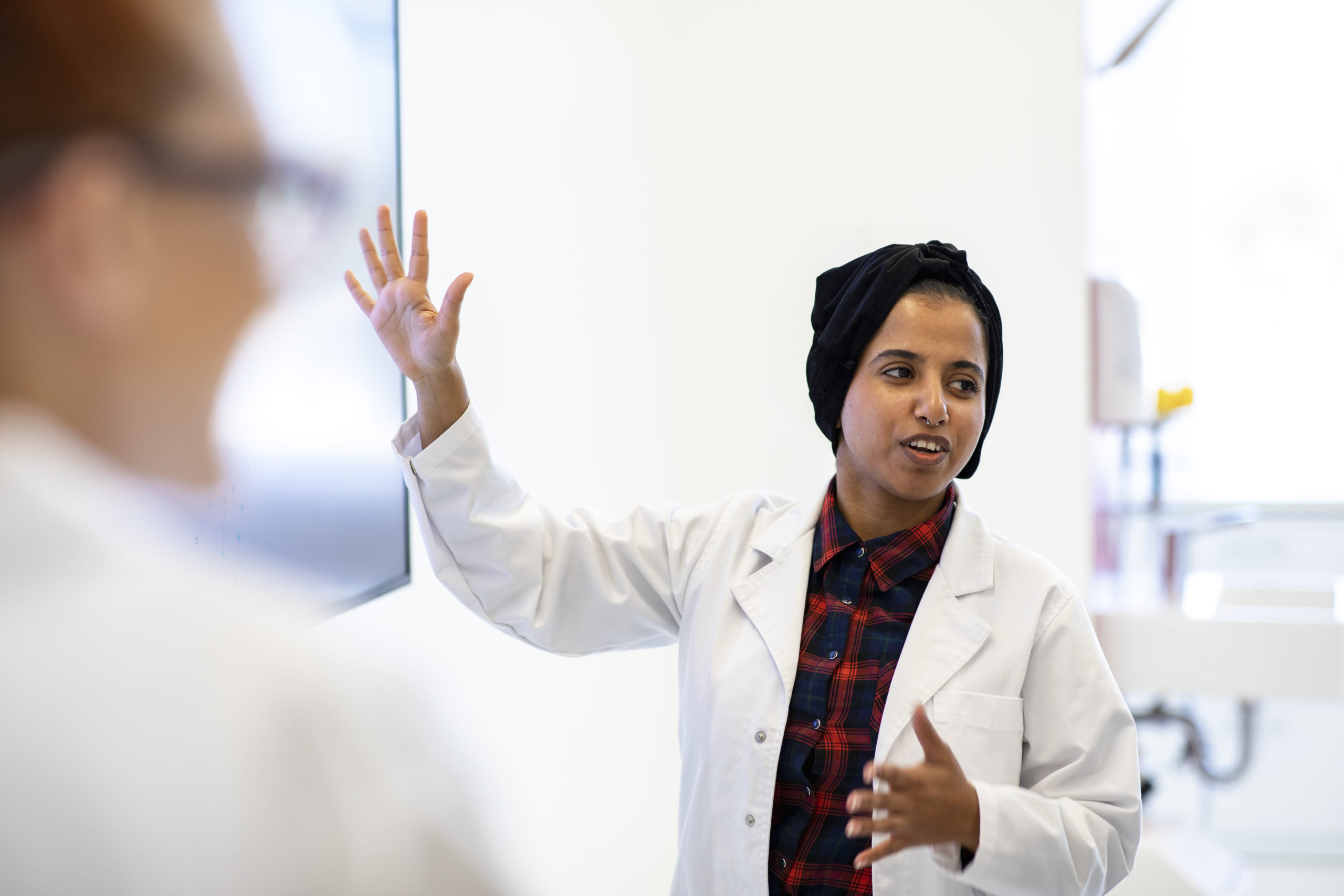Firearm Safety Among Children and Teens (FACTS): Multi-Disciplinary Research Training Program

Firearm injuries are the leading cause of death for U.S. children and teens (age 1-17) and constitute a major public health crisis requiring urgent attention from the scientific community. Advances in our understanding of this public health problem and the evidence-based solutions needed to reduce both morbidity/mortality and the substantial health disparities associated with firearm injury have lagged other fields of pediatric injury science due to a lack of federal research funding and the absence of a critical mass of trained research scientists. This new T32 application addresses the critical need to develop a scientific workforce that can capitalize on the recent expansion of federal research funding by establishing the nation’s first program dedicated exclusively to providing post-doctoral research training on the prevention of firearm injuries among children and teens.
Abstract
This new T32 application addresses the critical need to build a continuous pipeline of research scientists focused on addressing the leading cause of pediatric mortality by establishing the nation’s first post- doctoral program providing research training on the prevention of firearm injuries among children and teens. The overarching goal of this program is to build a cadre of research scholars with two-year multidisciplinary training in the science of pediatric firearm injury prevention that will allow them to develop academic careers as independent research scientists making significant contributions to our understanding of this public health disease, as well as to developing and rigorously testing evidence-based prevention strategies. The training program will recruit MD and/or PhD scholars that will progress towards research independence through three inter-related training activities: (1) didactic training acquired through formal coursework, research seminars, workshops, and distinguished faculty lectures; (2) experiential training acquired through an applied research experience conducted under the guidance of highly qualified mentoring faculty; and, (3) the preparation of a formal research project and/or grant proposal. Fellows will also receive training in the responsible conduct of research and methods to ensure scientific rigor and reproducibility in their work. Given the early state of the field, we will utilize a collaborative, cross-disciplinary, and multi-method approach that emphasizes: (1) the need to establish foundational knowledge and methodological skills in pediatric firearm injury prevention science; (2) the analysis of empirical data and a focus on theory building; and, (3) the use of multi-disciplinary approaches to advance stronger team science methods in the field. The program will capitalize on the breadth and depth of the research laboratories, clinical settings, academic programs, experienced faculty, and linkages to multiple research networks and centers at the University of Michigan (UM), including the newly established Firearm Injury Prevention Institute, to provide an unparalleled training environment for this training.
The specific objectives are: (1) To build a pipeline of scholars with expertise in pediatric firearm injury prevention science by recruiting/training a cohort of research fellows for a two-year post-doctoral research training program from a national applicant pool, with a focus on enhancing trainee diversity in race/ethnicity, gender, socio-economic status, and prior experience; (2) To provide trainees with a foundational didactic curriculum in research methods and analytic techniques; (3) To expose post-doctoral fellows to an applied research experience with mentors within a range of fields that will enhance their practice of interdisciplinary team science; and, (4) To foster a learning environment with highly engaged research mentors that will serve as role models and future colleagues, as well as enhance their potential for successful academic careers. The proposed program will include a rigorous evaluation of all didactic and experiential components, with in-depth review by institutional and external advisory committees to ensure long-term success.